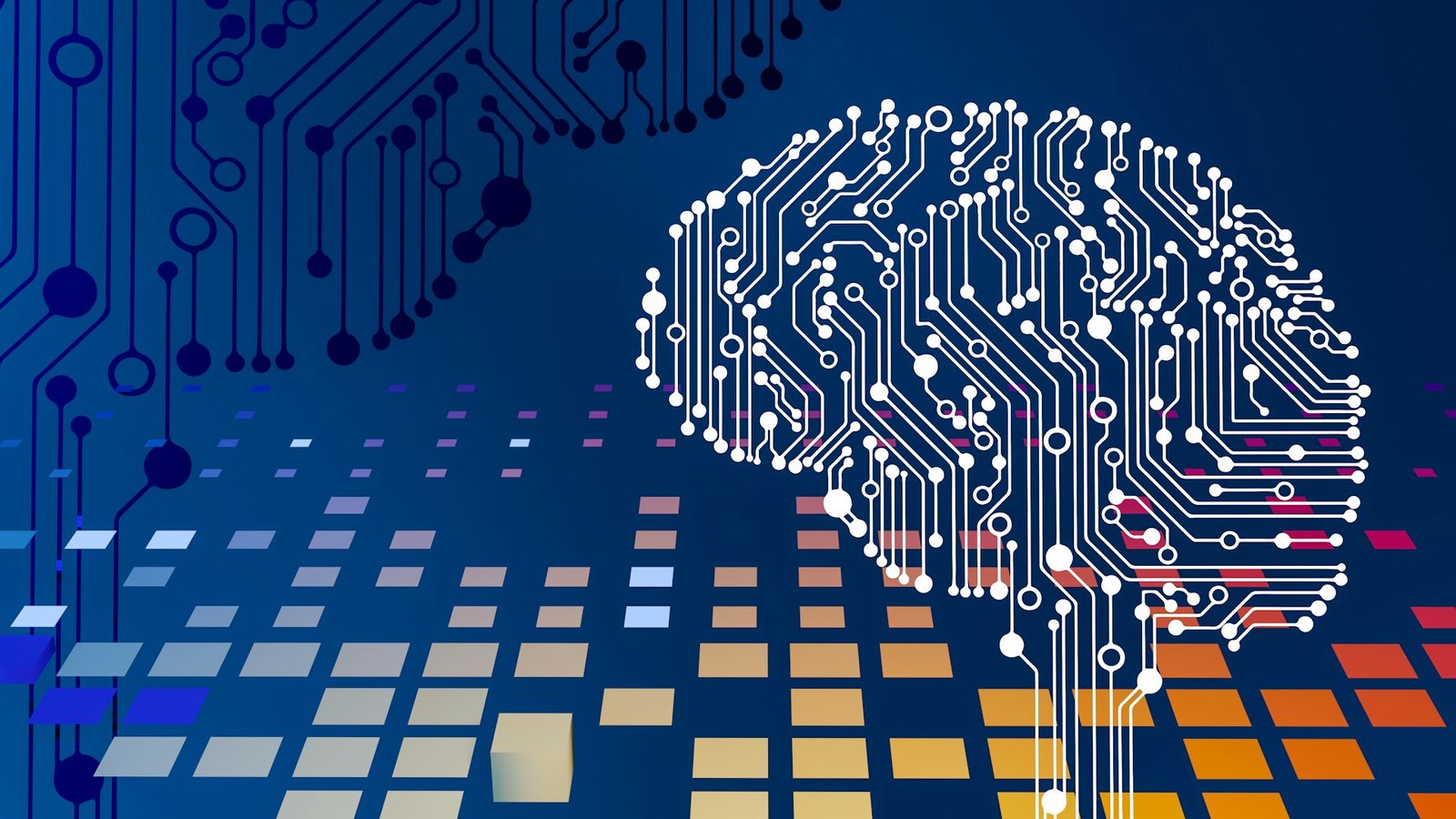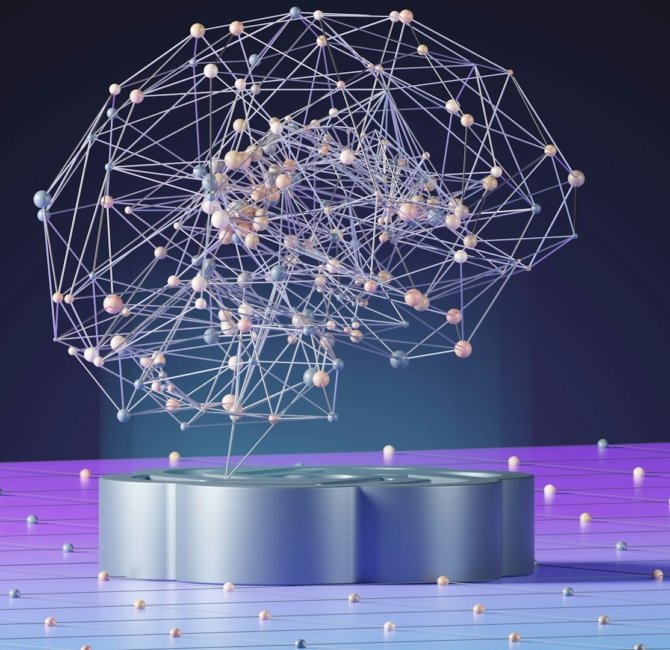35Views 1Comment

10 Real-World Applications of AI You Use Every Day (Without Even Noticing)
Artificial Intelligence (AI) is no longer just a concept from science fiction. It’s quietly working behind the scenes in your everyday life — often without you realizing it. From unlocking your phone to getting personalized recommendations, AI is making things faster, smarter, and more convenient.
In this article, we’ll explore 10 real-world applications of AI that you probably use every day, whether you’re aware of it or not.
1. Voice Assistants (Siri, Alexa, Google Assistant)
Whenever you say, “Hey Siri” or “Okay Google,” you’re interacting with AI. These voice assistants use Natural Language Processing (NLP) to understand your commands, search the web, play music, or even set reminders.
🔍 AI In Action: Understanding speech, processing requests, and delivering responses in real time.
2. Smartphone Face Recognition
Unlocking your phone using Face ID is a perfect example of AI. Facial recognition uses machine learning algorithms to analyze and compare your facial features to allow access.
🔍 AI In Action: Pattern recognition, biometric verification, real-time image processing.
3. Social Media Feeds and Recommendations
Ever wonder why you keep seeing content you love on Facebook, Instagram, or TikTok? AI analyzes your activity and preferences to show posts, reels, and ads that are most relevant to you.
🔍 AI In Action: Content recommendation, emotion analysis, user behavior tracking.
4. Google Search and Auto-Suggestions
When you type something into Google and it predicts your query — that’s AI at work. Google uses AI to deliver the most relevant search results, autocomplete your search, and even answer questions in snippets.
🔍 AI In Action: Predictive search, ranking algorithms, knowledge graphs.
5. Email Spam Filters and Smart Replies
Your inbox is kept clean using AI-powered spam filters. Gmail also uses machine learning to suggest smart replies and sort emails into categories (Primary, Social, Promotions).
🔍 AI In Action: Text classification, email filtering, NLP for auto-responses.
6. Streaming Services (Netflix, YouTube, Spotify)
Why does Netflix know exactly what you want to watch next? These platforms use recommendation engines powered by AI to analyze your viewing history and predict your preferences.
🔍 AI In Action: Behavioral prediction, content recommendations, collaborative filtering.
7. Online Shopping and E-commerce Personalization
When Amazon or Flipkart shows you “recommended for you” products, that’s AI using your past behavior, search terms, and purchase history to suggest products.
🔍 AI In Action: Product suggestions, dynamic pricing, customer segmentation.
8. Maps and Navigation Apps (Google Maps, Waze)
Navigation apps use AI to analyze traffic data, road conditions, and real-time user reports to offer the fastest routes and estimated arrival times.
🔍 AI In Action: Route optimization, traffic prediction, real-time data analysis.
9. Banking and Fraud Detection
Your bank uses AI to detect suspicious transactions and unusual spending patterns. AI also powers chatbots that help with customer service.
🔍 AI In Action: Fraud detection, risk scoring, automated support.
10. Online Ads and Targeted Marketing
Have you ever browsed a product online and then seen ads for it everywhere? AI is behind that, tracking your behavior across the web to deliver targeted ads.
🔍 AI In Action: User profiling, behavioral targeting, real-time ad bidding.
Final Thoughts
Whether you realize it or not, AI is deeply woven into your everyday experiences. It’s helping make life smoother, services more personalized, and systems smarter. As AI continues to evolve, it will become even more embedded in our daily routines — quietly making everything around us just a little bit smarter.
FAQs
Q: Is AI dangerous?
AI itself isn’t dangerous, but like any technology, it must be used responsibly, especially when dealing with data and automation.
Q: Can I avoid AI in daily life?
It’s almost impossible to completely avoid AI today. It’s embedded in apps, services, websites, and devices we use every day.
Q: Is AI always online or in the cloud?
Many AI functions operate in the cloud, but newer AI chips allow on-device AI processing (e.g., in smartphones).



1 Comment
by master of wprahat
Nice